by EDDIE
On 11th April 2025, the University of Vienna Computer Science student project kick-off on energy data access took place in the main university building due to the large number of applicants (well over a hundred).
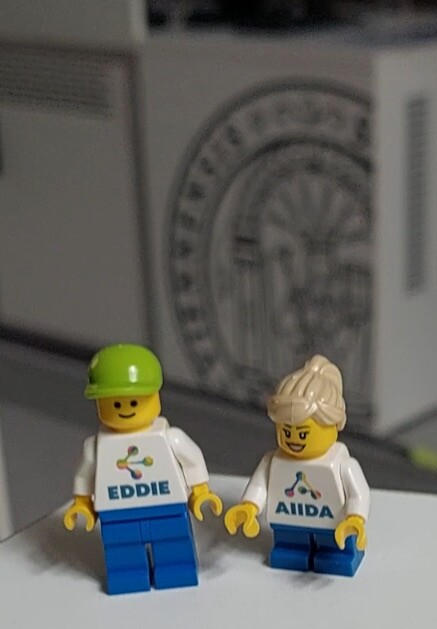
by EDDIE
On 11th April 2025, the University of Vienna Computer Science student project kick-off on energy data access took place in the main university building due to the large number of applicants (well over a hundred).
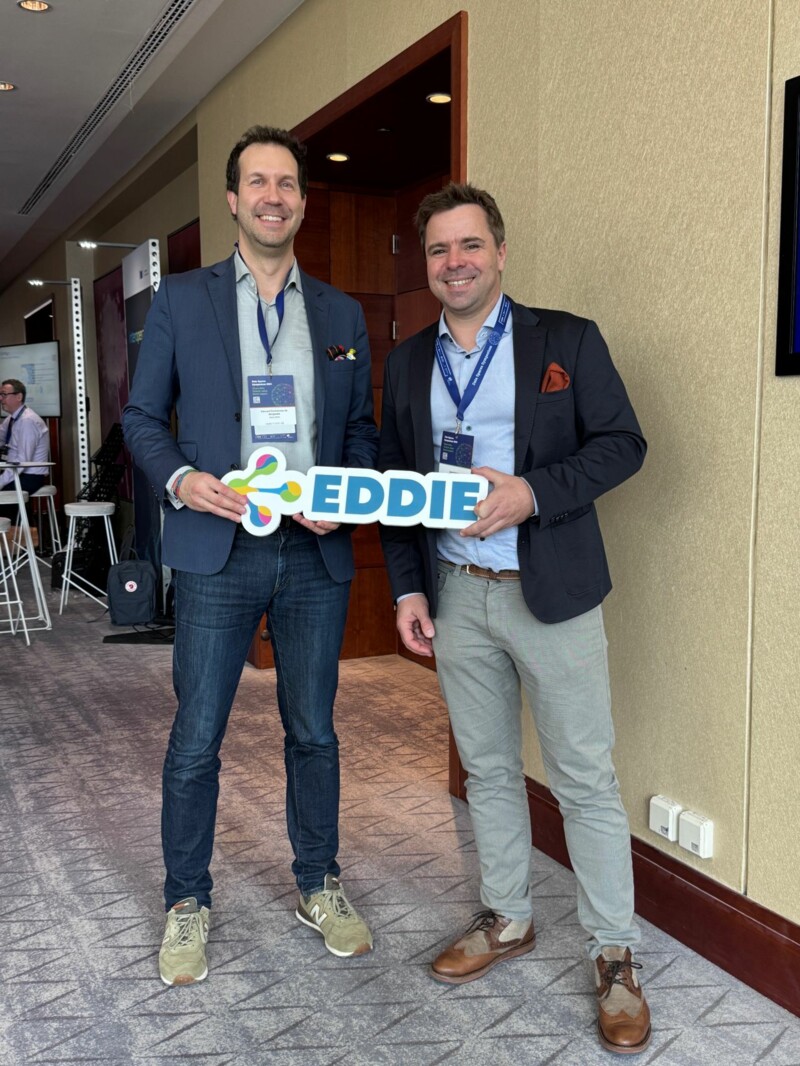
by EDDIE
The Data Spaces Symposium 2025, held on March 11-12 in Warsaw, brought together leading experts and organizations to discuss the future of data spaces under the theme "Share data. Unlock value. Boost impact."

by EDDIE
On November 22, 2024, Shievam Kashyap, Research Associate and Project Manager at the University of Applied Sciences Upper Austria, proudly represented the EDDIE project at the Data Spaces Experience: European Health and Common Energy Data Spaces webinar.
Read more … Data Spaces Experience: European Health and Common Energy Data Spaces
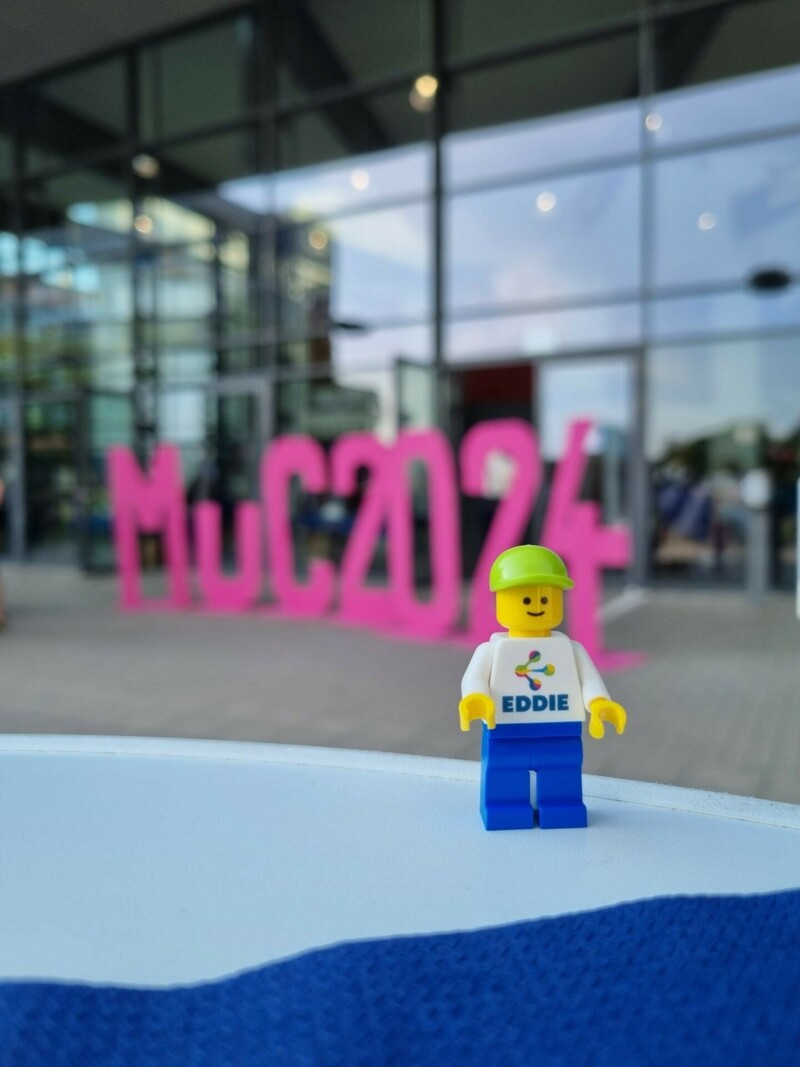
by EDDIE
At this year’s "Mensch und Computer 2024" conference in Karlsruhe, Germany, the EDDIE team organized an impactful workshop dedicated to advancing energy literacy through human-centred approaches.
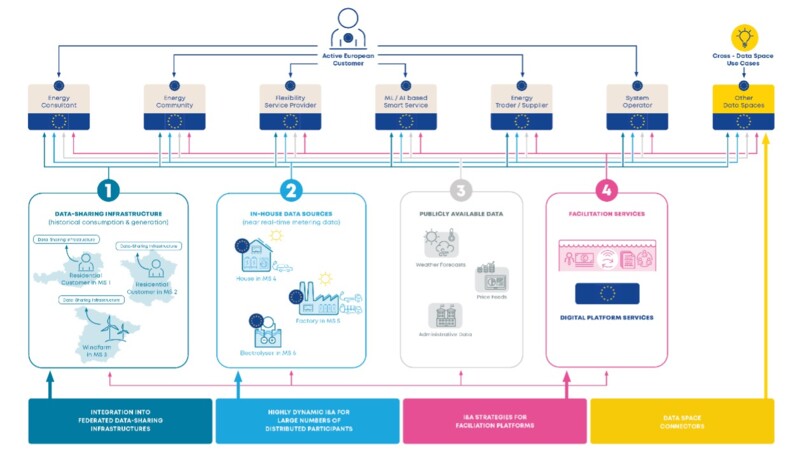
by EDDIE
In an increasingly interconnected world, the secure and efficient exchange of data across borders is essential for fostering innovation and collaboration. As part of our commitment to advancing the European Data Strategy, we are excited to announce the release of our latest report: "Identification and Authentication in a Common European Data Space." This document, co-funded by the European Union’s Horizon Innovation Actions, offers a detailed exploration of the challenges and solutions related to identification and authentication (I&A) within the context of the Common European Energy Data Space (CEEDS).
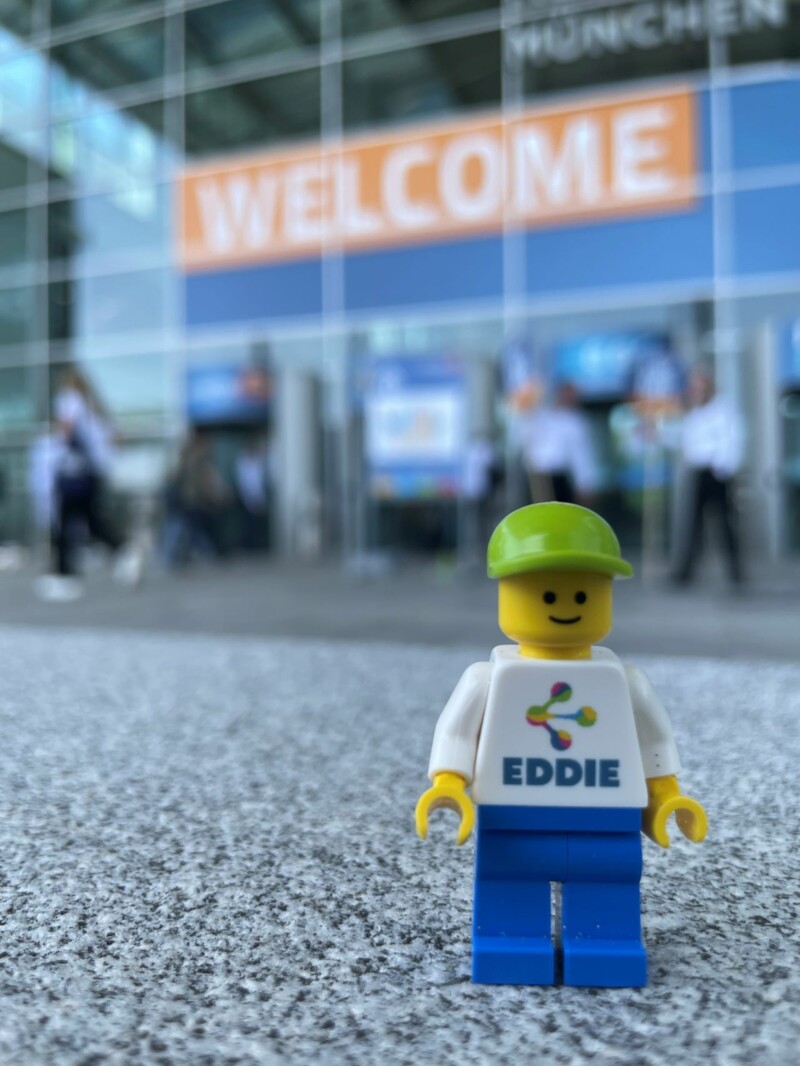
by EDDIE
MUNICH, June 19, 2024 - The EMPower_energy Europe conference was held at the ICM München, where experts and industry leaders gathered to discuss the future of the energy sector, with a special focus on consumer-centric market design. This innovative approach is seen as crucial in driving the green and digital transition.
The highlight of the conference was a session led by Laurent Schmitt, a renowned expert in energy data sharing. Schmitt's talk centered on creating interoperable and secure systems for energy data exchange. He emphasized the importance of robust data flows and effective communication between distributed energy resources (DERs), market participants, and the system at large.
The session took place from 2:00 PM to 3:30 PM in Room 13A and addressed critical topics such as the challenges and opportunities in managing energy data to ensure a smooth and efficient transition to renewable energy sources.
For more details on the conference and future events, visit: EM Power
Read more … EMPower Europe Event Explores Consumer-Centric Market Design
Sign up for our newsletter to stay up-to-date with the latest news and updates.
Subscribe now!